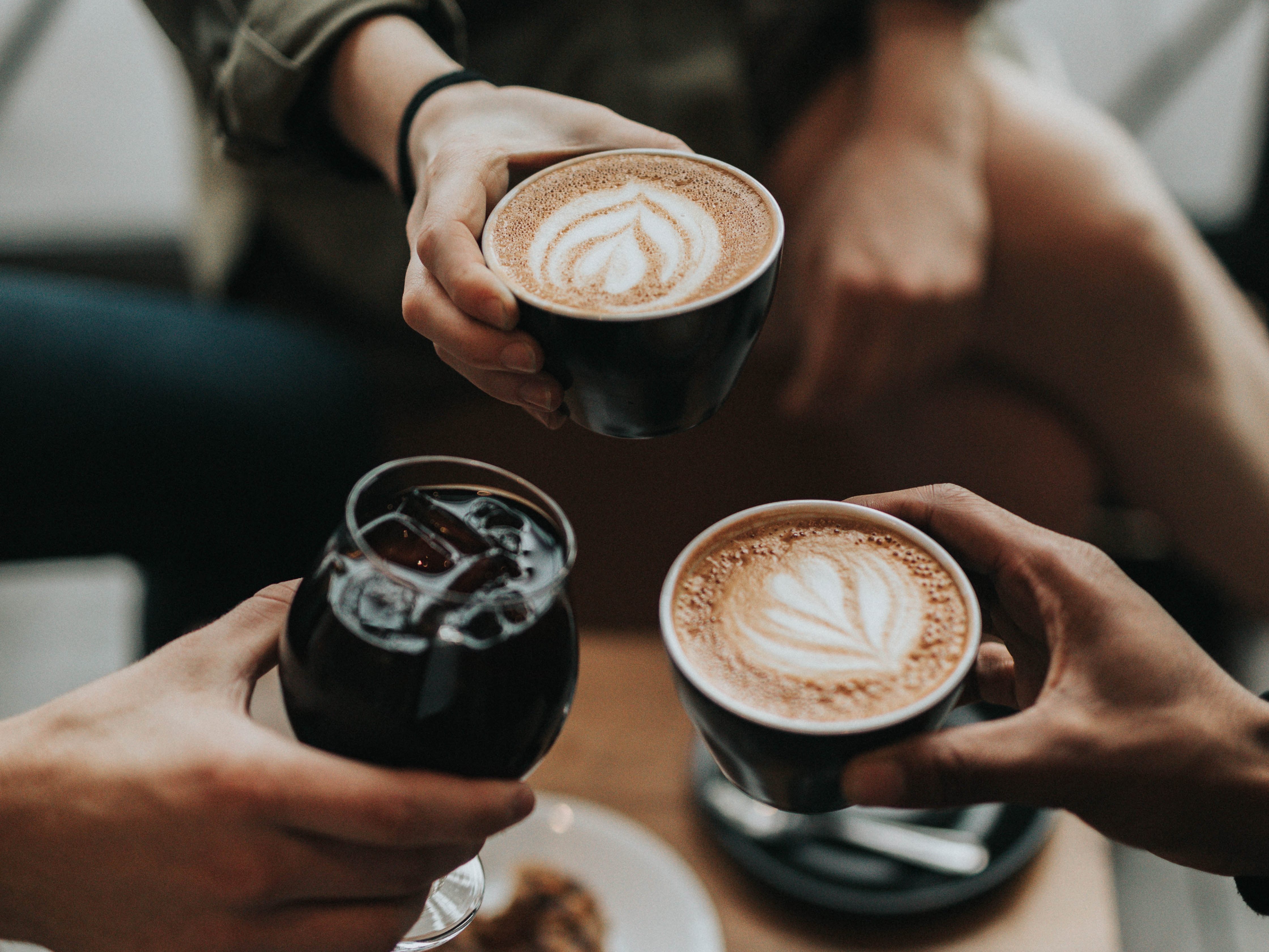Coffee is more than just a morning ritual; it’s an art form. The journey from bean to cup is a sacred one, and baristas are the masters of this craft. But you don’t need a professional espresso machine to enjoy a top-notch coffee experience. With a few barista tips and some dedication, you can brew the perfect cup of coffee in the comfort of your home.

1. Start with Fresh, Quality Beans
The foundation of a great cup of coffee is high-quality, freshly roasted beans. Look for beans that have been roasted within the past few weeks, and opt for whole beans over pre-ground. Grinding your beans just before brewing preserves their flavor and aroma.
2. Invest in a Burr Grinder
Speaking of grinding, a burr grinder is your best friend. It provides consistent grind size, which is crucial for brewing. Different brewing methods require different grind sizes, so adjust accordingly. For example, use a coarse grind for French press and a fine grind for espresso.
3. Mind the Water Temperature
The ideal water temperature for brewing coffee is between 195°F and 205°F (90°C to 96°C). Boiling water can scorch the coffee grounds, while water that’s too cool won’t extract the flavors properly. Use a kettle with a thermometer to ensure you’re in the sweet spot.
4. Master the Coffee-to-Water Ratio
The ratio of coffee to water is critical. A general guideline is 1 to 2 tablespoons of coffee per 6 ounces of water. However, feel free to adjust to your taste preferences. Precision matters, so use a kitchen scale to measure if you can.
5. Use Clean Equipment
Make sure your coffee maker, French press, or pour-over equipment is clean and free of old coffee residues. Residual oils and flavors can taint your brew.
6. Brew Time Matters
Brewing time varies by method. For example, a French press typically requires 4-5 minutes of steeping, while a pour-over may only need 2-3 minutes. Experiment with the right brew time to get the strength and flavor you desire.
7. Pre-wet the Coffee Grounds
In methods like pour-over, it’s a good practice to pre-wet the coffee grounds with a small amount of hot water before pouring the rest. This “blooming” process allows gases to escape and ensures even extraction.
8. Practice Patience
After brewing, don’t rush to take that first sip. Allow your coffee to cool slightly; this can reveal new flavors and nuances as the temperature changes.
9. Experiment with Water Quality
Water quality affects your brew. If tap water has a strong taste or odor, consider using filtered or bottled water. Avoid distilled water, as it lacks minerals necessary for flavor extraction.
10. Keep It Fresh
Once you’ve brewed your coffee, enjoy it promptly. Coffee can lose its flavor as it sits, so it’s best to savor it while it’s at its peak.
Bonus Tip: Enjoy the Journey
Finally, remember that making coffee is an art, and each brew is a unique experience. Don’t be afraid to experiment with different beans, brewing methods, and ratios to discover your perfect cup of coffee.
So, armed with these barista tips, step into the role of the home barista and embark on a delightful journey of coffee exploration. With practice and passion, you’ll brew coffee that rivals your favorite cafe’s offerings. Happy brewing!
